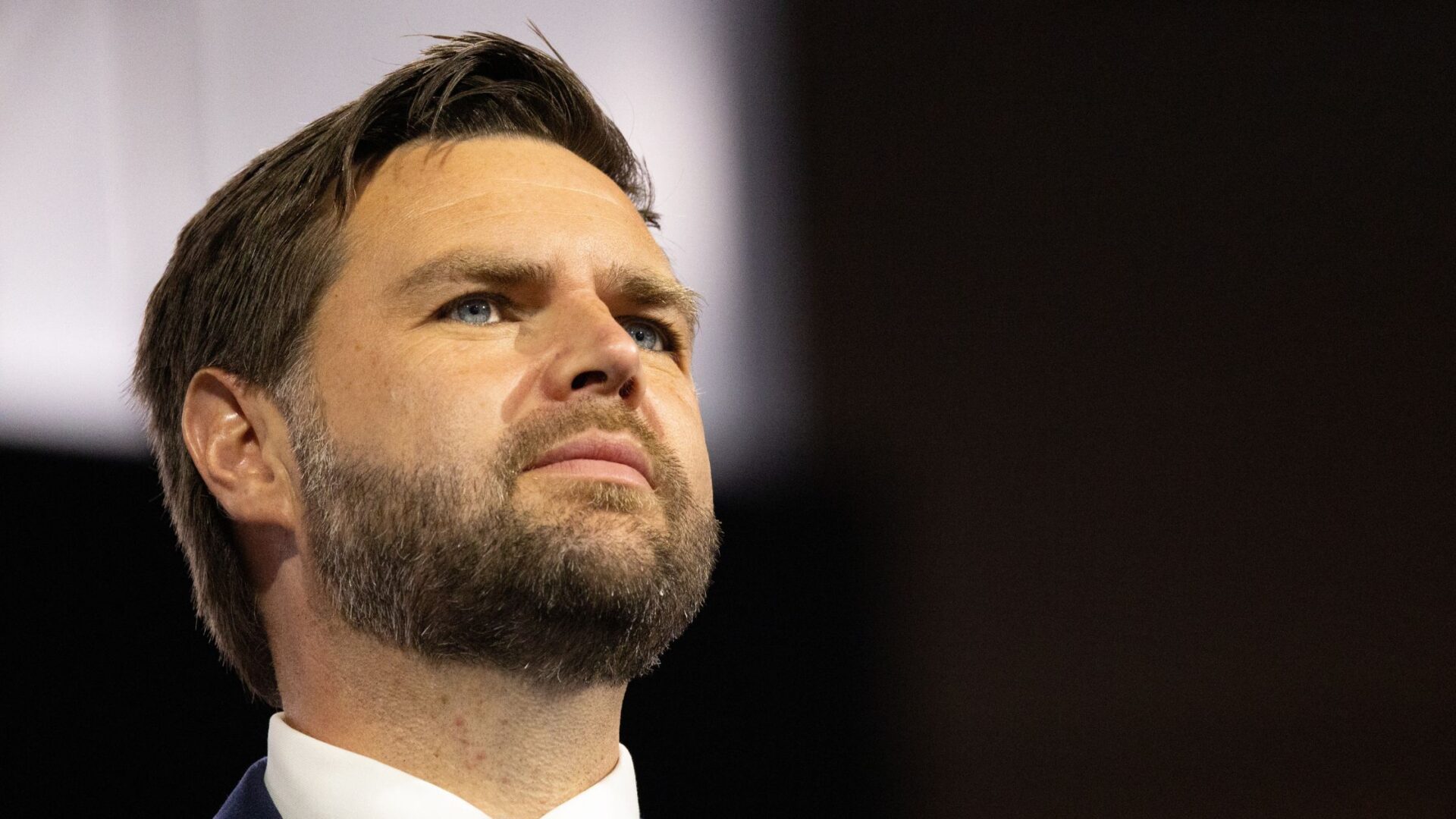Key Takeaways:
- J.D. Vance confronts UK Prime Minister Keir Starmer over free speech concerns.
- Issues include technology use and social media tracking by the UK government.
- Vance emphasizes the global impact of these infringements, affecting Americans too.
J.D. Vance Calls Out UK Prime Minister on Free Speech
In a bold move, J.D. Vance recently addressed UK Prime Minister Keir Starmer about concerns over free speech. This confrontation took place during a meeting where Vance expressed his views straightforwardly, even suggesting a further discussion over lunch. Vance’s stance highlights growing worries about how governments are using technology to monitor citizens, potentially stifling free expression.
The Core of the Issue
Vance pointed out that the UK’s approach to managing speech, particularly through technology and social media tracking, sets a concerning precedent. He argued that these actions not only affect UK citizens but could also have repercussions in the United States, emphasizing the interconnected nature of global communication.
Why This Matters to Americans
Vance’s argument centers on the idea that free speech is a cornerstone of democracy, and any erosion in one country can influence others. With the internet’s global reach, policies in the UK could inspire similar measures in the U.S., impacting Americans’ ability to express themselves freely online.
Understanding the Technologies Involved
The UK’s use of technology to track social media posts is a key concern. Advanced algorithms can identify and flag content deemed inappropriate, sometimes leading to censorship. While intended to curb hate speech or misinformation, critics argue this could suppress legitimate dissent and diverse viewpoints.
Vance’s Direct Approach
Vance’s decision to address Starmer directly underscores the gravity of the issue. By bringing it up in a face-to-face meeting, he aims to raise awareness and potentially influence policy changes. His straightforward approach—“I said what I said”—reflects his commitment to this cause.
The Broader Implications
This isn’t just about the UK or the U.S.; it’s about global freedoms. As more countries adopt similar surveillance measures, the risk of a chilling effect on free speech grows. Vance’s challenge to Starmer serves as a reminder of the need for continuous vigilance in protecting these liberties.
Why Free Speech Matters
Free speech is fundamental to innovation, creativity, and democracy. When people fear censorship, they’re less likely to share ideas, hindering progress. Protecting this right ensures a vibrant exchange of thoughts, essential for societal growth.
Conclusion
J.D. Vance’s confrontation with Prime Minister Starmer brings attention to the delicate balance between security and freedom. As governments worldwide grapple with regulating online content, open dialogue about the consequences of these actions is crucial. Vance’s stance reminds us that safeguarding free speech is a global responsibility, ensuring that the digital age remains a time of open expression and innovation.
